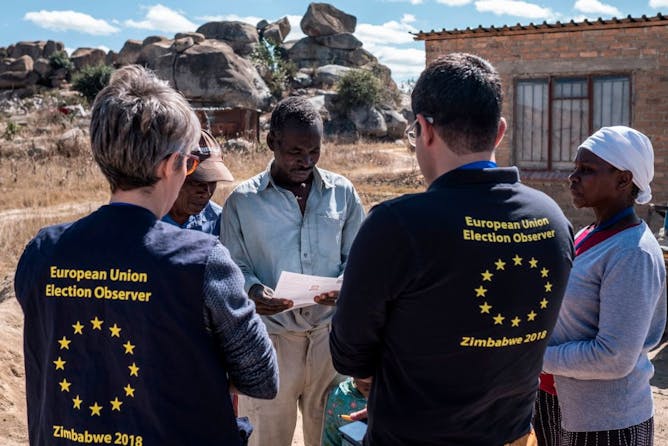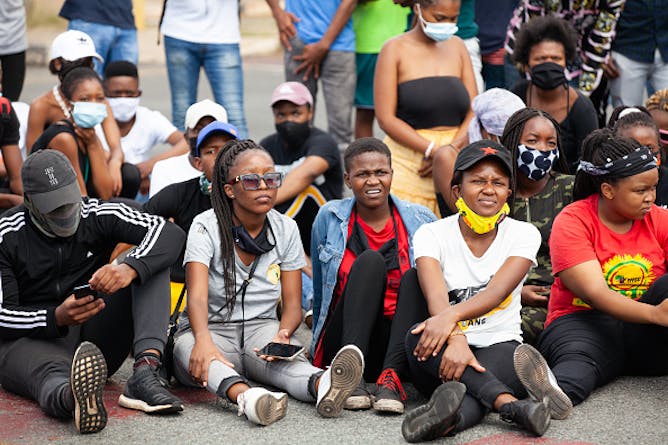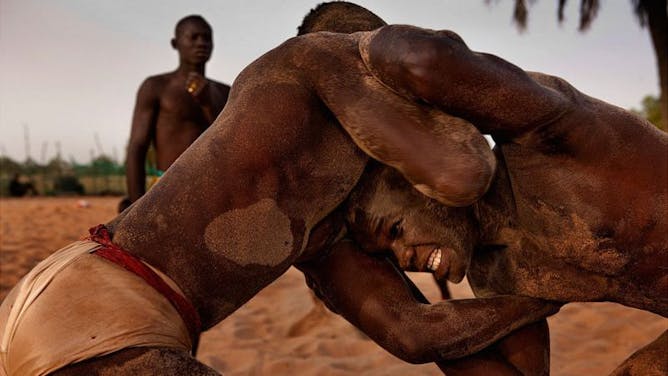|
South African finance minister Enoch Godongwana has described the country’s power cuts, which have been going on for almost 15 years, as the “biggest economic constraint”. They have worsened recently – last year, the country experienced 207 days of power cuts versus 75 days in 2021. To deal with the problem, government will reduce the financially troubled Eskom’s debt by about US$14 billion over three years. Roy Havemann argues though that reducing the power
utility’s debt won’t reduce power cuts. Drawing on the experiences of China, Greece and Colombia, he says the solution should be the splitting of Eskom and the introduction of private-sector generators.
In recent months ChatGPT has been an example of the advances in artificial intelligence and how machine learning can bring more convenience to our lives. Its use has been explored in literature and dating apps. Some early adopters have even started using it in medical practice. Keymanthri Moodley and Stuart Rennie explore some of the ethical issues that may arise from using this chatbot in a medical and research setting.
|

Roy Havemann, Stellenbosch University
South Africa’s minister of finance should have used the bailout of Eskom to fast-track its split and introduce the private sector into the electricity sector.
|

Keymanthri Moodley, Stellenbosch University; Stuart Rennie, University of North Carolina at Chapel Hill
Early adopters have started using ChatGPT to assist with mundane tasks like writing sick certificates and patient letters.
|

Olumuyiwa Adegun, Federal University of Technology, Akure
Freetown, the capital city of Sierra Leone, has a chief heat officer, the first in Africa. She has her work cut out for her.
|

Thomas Molony, The University of Edinburgh; Robert Macdonald, The University of Edinburgh
Voters speak favourably about the potential of observation to improve overall electoral quality and transparency.
|

Kate Orkin, University of Oxford; Ingrid Woolard, Stellenbosch University; Maya Goldman, University of Cape Town; Murray Leibbrandt, University of Cape Town
There’s a case to be made for combining cash grants and job-search assistance services.
|

Docteur Ousmane Ba, Université Cheikh Anta Diop de Dakar
La lutte traditionnelle touche directement le patrimoine culturel de la société sénégalaise. C'est un facteur d’éducation et d’intégration sociale qui forge et forme l’individu.
|
From our international editions
|
-
Laura Jones, Tufts University
A year ago, the Ukrainian military was largely equipped with Soviet-era weapons. It has since seen an influx of high-tech weapons. But it’s less what than how that’s made a difference.
-
Osman Shabir, University of Sheffield
Alzheimer’s disease in young adults is a rare yet growing phenomenon.
-
Brandy Thomas Wells, Oklahoma State University
Kittrell’s legacy shows that home economics was always about more than cooking and sewing. It’s also a reminder that issues that affect families are simultaneously local and global.
-
Molly Jackson, The Conversation
A roundup of The Conversation’s articles about this holy Christian season and its history.
|
|